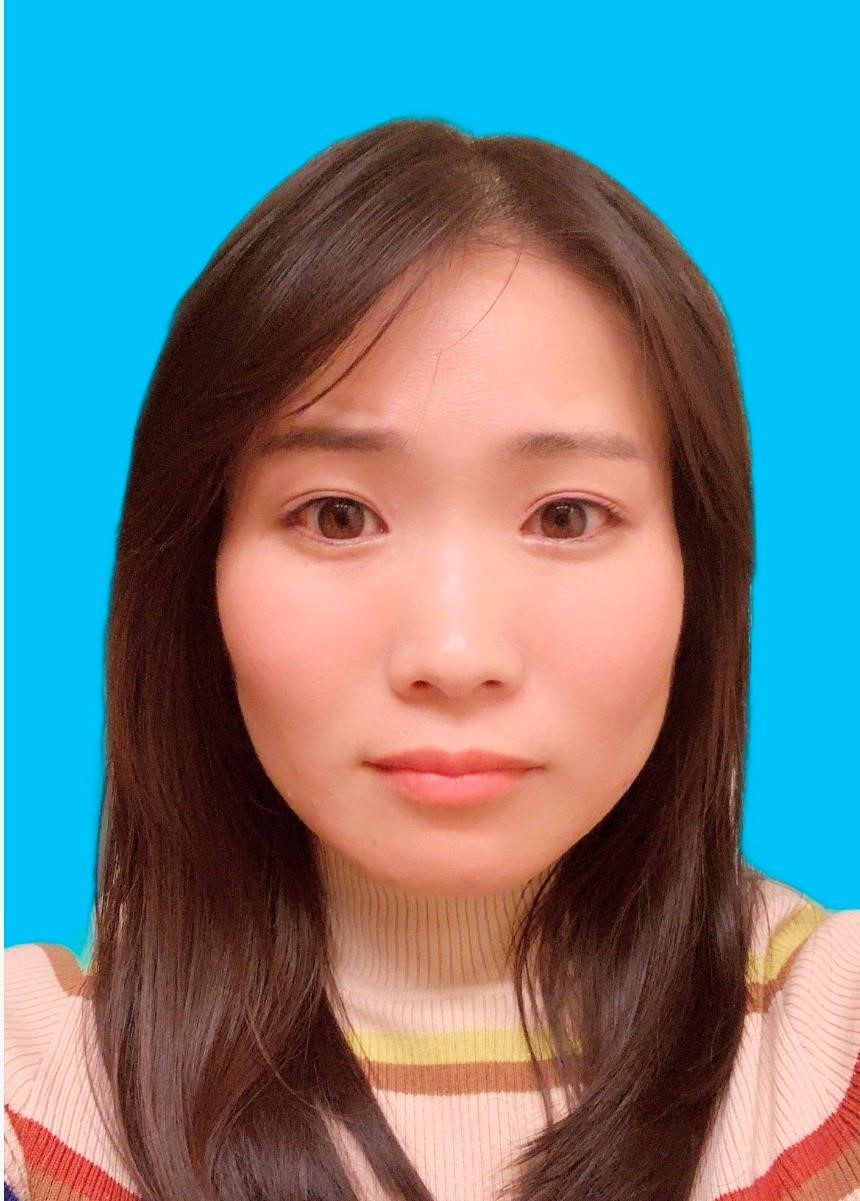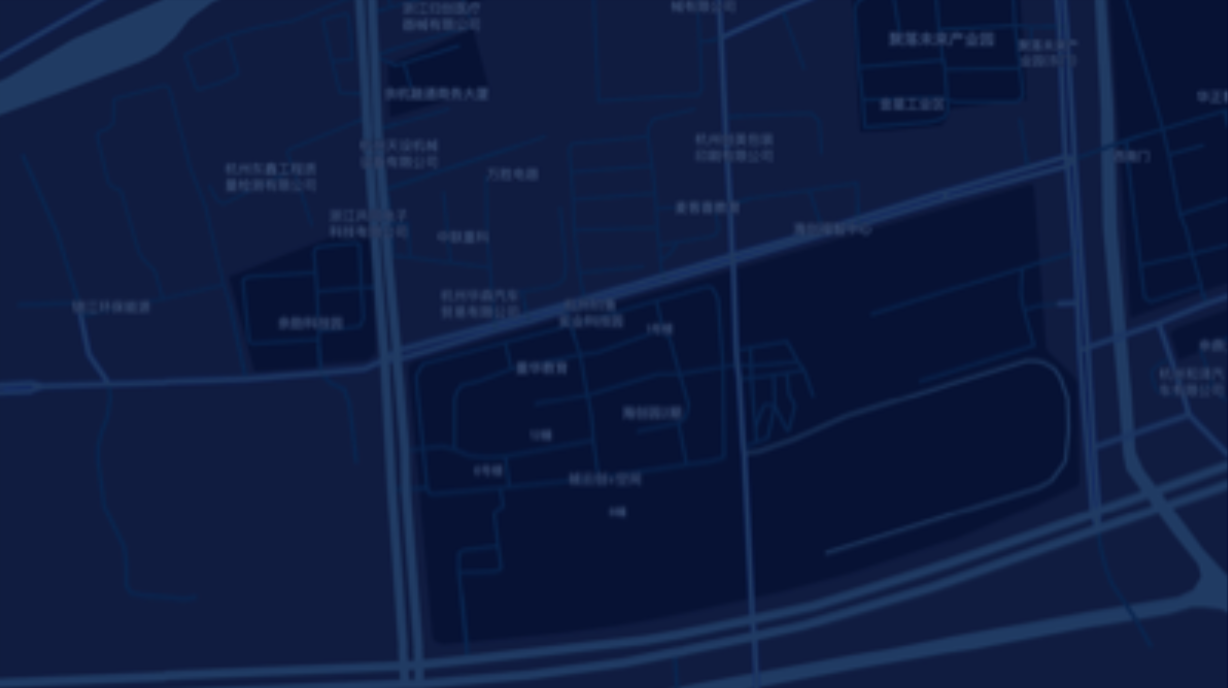WEI Yina, Ph.D.
CONTACT

Dr. WEI’s research focuses on how to use computational neural science to explore normal brain activities (BCI, visual stimulation, sleep and learning & memory, etc.) and neural diseases (epilepsy, migraines, strokes, etc.) and has made a series of breakthroughs. She first demonstrated how to cross different scales in the human brain, providing a new method for unlocking the brain’s potential. She also pioneered an analysis of the fundamental mechanism of memory consolidation during deep sleep, providing the theoretical basis for memory intervention in the future. She developed the first model that integrates normal neural activities and neural system diseases (epilepsy, cortical spreading depression caused by stroke) and is widely used by scientists around the globe. She has published over 10 papers in prestigious journals and conferences in the field, including Cell Reports (cover paper), Journal of Neuroscience, and PLOS Computational Biology. She is also a reviewer for several periodicals including PLOS Computational Biology, Frontiers in Computational Neuroscience, PLOS ONE, Journal of Neurophysiology, International Journal of Neural Systems, Journal of Computational Neuroscience, World Journal of Neuroscience, etc. She is in long-term cooperation with the University of California San Diego and the University of South Florida.
Dr. WEI’s research includes:
1. Non-invasive BCI: virtual car controlled by motor imagination and SSVEP-based
typing
2. Implantable optoelectronic BCI: research into the mechanism of learning and
memory consolidation during sleep by the combination of electrophysiological
signals and calcium imaging signals
3. Neural disease modeling: neural circuit models of seizure discharges and regulation
of epilepsy network
4. Sleep and cognition: study of the interactions between Alzheimer’s disease
and sleep by computing models
5. Assessment of brain stroke rehabilitation: assessment of the upper body’s
rehabilitation using multimodal information integration based on EEG and EMG
and methods including deep learning
By analyzing the neural mechanism of brain function and exploring brain
cognition, Dr. WEI studies brain-inspired intelligent models and algorithms to
explore key technologies and methods for solving crucial questions, such as the
efficient and precise decoding and analysis of brain information, and the
precise regulation of neurons. Her work contributes to the in-depth fusion of
brain and computer and the development of human-machine hybrid enhancement.
Educational Background:
Bachelor’s Degree (2005), Biomedicine Engineering, Zhejiang University, China
Master’s Degree (2007), Biomedicine Engineering, Zhejiang University, China
Doctor’s Degree (2013), Engineering Science and Mechanics (Neural Engineering), Pennsylvania State University, U.S.
Doctoral Minor (2013), Computational Science (Programming and Algorithms), Pennsylvania State University, U.S.
Research Experience:
2020-present, Principal Investigator, Zhejiang Lab, Hangzhou, China
2017-2020, Scientist, Allen Institute, Seattle, U.S.
2016-2017, Postdoctoral Fellow, University of California, San Diego, California, U.S.
2013-2016, Postdoctoral Fellow, University of California, Riverside, California, U.S.
2013-2013. Research Scientist, Pennsylvania State University, U.S.
1. 2022-2024, Research on Interaction Mechanisms Between Sleep and Alzheimer's Disease, project supported by the Young Scientists Fund of the National Natural Science Foundation of China, project director
2. 2021-2022, Brain Cognition: Research on Mechanisms of Memory Consolidation During Sleep and Their Inspiration for Deep Learning, a startup project at Zhejiang Lab, project director
3. 2021-2021, Research on Key Technologies for Brain Signal Analysis and Coadaptation in Motor BCI, Zhejiang Lab, participant
1. Mosher CP#, Wei Y#, Kaminski J, Nandi A, Mamelak AN, Anastassious CA, Rutishauser U, Cellular classes in the human brain revealed in vivo by heartbeat-related modulation of the extracellular action potential waveform, Cell Reports, 2020, 30(10): 3536-3551. e6 .(# designates equal contribution) (Cover Article)
2. Wei Y, Krishnan GP, Marshall L, Martinetz T, Bazhenov M. Stimulation augments spike sequence replay and memory consolidation during slow-wave sleep, Journal of Neuroscience, 2019, 1427-19. (Featured Article)
3. Wei Y#, Krishnan GP#, Komarov M, Bazhenov M. Differential roles of sleep spindles and sleep slow oscillations in memory consolidation, PLoS Computational Biology, 2018, 14(7): e1006322. (# designates equal contribution)
4. Wei Y, Krishnan GP, Bazhenov M (2016). Synaptic Mechanisms of Memory Consolidation during Sleep Slow Oscillations.The Journal of Neuroscience. 36(15): 4231-4247; doi: 10.1523/JNEUROSCI.3648-15.2016.
5. Ullah G, Wei Y, Dahlem MA, Wechselberger M, Schiff SJ (2015) The Role of Cell Volume in the Dynamics of Seizure, Spreading Depression, and Anoxic Depolarization. PLoS Comput Biol 11(8): e1004414. doi: 10.1371/journal.pcbi.1004414.
6. Wei Y, Ullah G, Schiff SJ (2014) Unification of neuronal spikes, seizures, and spreading depression ,The Journal of Neuroscience 34(35):11733-11743. Code for this paper can be found here.
7. Wei Y, Ullah G, Ingram J, Schiff SJ (2014) Oxygen and Seizure Dynamics: II. Computational Modeling. Journal of Neurophysiology, 112: 213-223.
8. Ingram J, Zhang C, Cressman JR, Hazra A, Wei Y, Koo Y-E, Ziburkus J, Kopelman R, Xu J, Schiff SJ (2014) Oxygen and Seizure Dynamics: I. Experiments. Journal of Neurophysiology, 112: 205-212.
9. La Corte G, Wei Y, Chernyy N, Gluckman BJ, Shiff SJ (2014) Frequency dependence of behavioral modulation by hippocampal electrical stimulation. Journal of Neurophysiology, 111(3): 470-480. doi:10.1152/jn.00523.2013.
10. Wei Y, Ullah G, Parekh R, Ziburkus J, Schiff SJ (2011) Kalman filter tracking of intracellular neuronal voltage and current. the 50th IEEE Conference on Decision and Control and European Control Conference, Orlando, FL, 5844-5849, 12-15 Dec. 2011. doi:10.1109/CDC.2011.6161358.
The BCI team consists of research
specialists with doctoral degrees from Nanyang Technological University (NTU
Singapore), Korea Institute of Science and Technology, Pennsylvania State
University, and other prestigious academic institutions. The team conducts
research on multimodal BCI technology and applications in deep cooperation with
the BCI team at Zhejiang University. We welcome postdoctoral fellows,
researchers, engineers, and trainees who are interested in our research to join
us!










